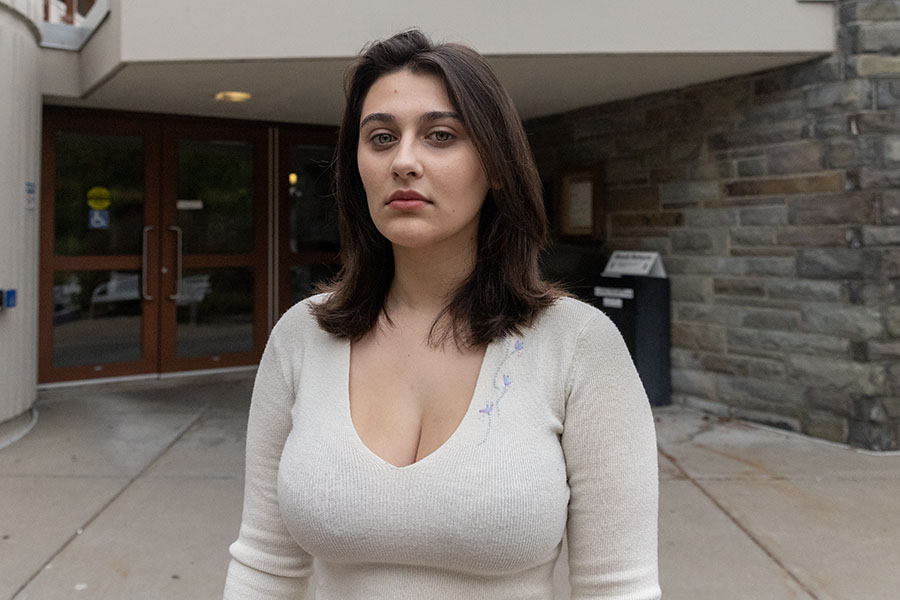The first time I came out, it was online. I was scrolling through comments on a Youtube video when I stumbled across one that mentioned being gay. Without much thought, I replied, “me too.” It was the first time I engaged with other LGBTQ+ people online, but it was far from the last.
When I was a teenager, I buried myself in endless discussions and discourse on social media with all the LGBTQ+ people I could find. That online escapism isn’t a unique experience. In the Trevor Project’s 2024 National Survey on the Mental Health of LGBTQ+ Young People, 68% of LGBTQ+ youth found affirming spaces on the internet. For LGBTQ+ youth, these connections can be vital not just in alleviating loneliness but in knowing acceptance exists.
As it becomes more acceptable for teenagers to be open about LGBTQ+ identity, I hope these communities don’t die. Despite perceived vapidity over shipping wars or callout posts, there is genuine value to them. I made friends who didn’t have the same experiences as me — they lived in different states, different countries and different continents. It was eye-opening. For the first time, I was talking to people who didn’t grow up in the same town as I did.
Everything felt so nameless online. I cycled through a circuit of labels and identities on a weekly basis. Confusion was the safest thing to feel — I was surrounded by people just as lost as I was, so I didn’t need to worry about being found. No one needed consistency: everyone was free to explore every possibility at leisure without the assumption they were unsure of themselves or trying to get attention.
It’s easy to be blithe about the ubiquitousness of the internet. Much of our generation was raised online. There’s direct danger in what social media aids and abets — stalking, harassment and cyberbullying are as much a part of internet culture as emoticons, abbreviations and memes. LGBTQ+ youth are more at risk for both in-person and online bullying, especially compared to their straight, cis peers. Though I wasn’t outright bullied, I felt isolated. Without the barrier of a keyboard, I didn’t know how to talk to people.
Even my anonymous blog wasn’t as private as I thought. A friend of mine found my blog in middle school and realized it was me almost immediately. When she asked me about it, it felt violating and concerning. Obviously, the internet has become more regulated since I was a middle schooler. Zephyr Teachout, law professor and editor at The Nation, details various proposed bills that would prohibit addictive algorithms, limit notifications and geolocation data and overall curb the use of social media for those under 14 years old.
While I admire every attempt to make being online safe, no amount of censorship or limitation can fully eradicate the dangers of the internet. The only way to keep kids safe is to keep kids informed about how to use the internet in a productive and healthy way. It is not and will never be possible to keep everyone under 18 out of unregulated online spaces. Even if it was, it’s a bad idea. Without the internet, we still might not understand ourselves.
















